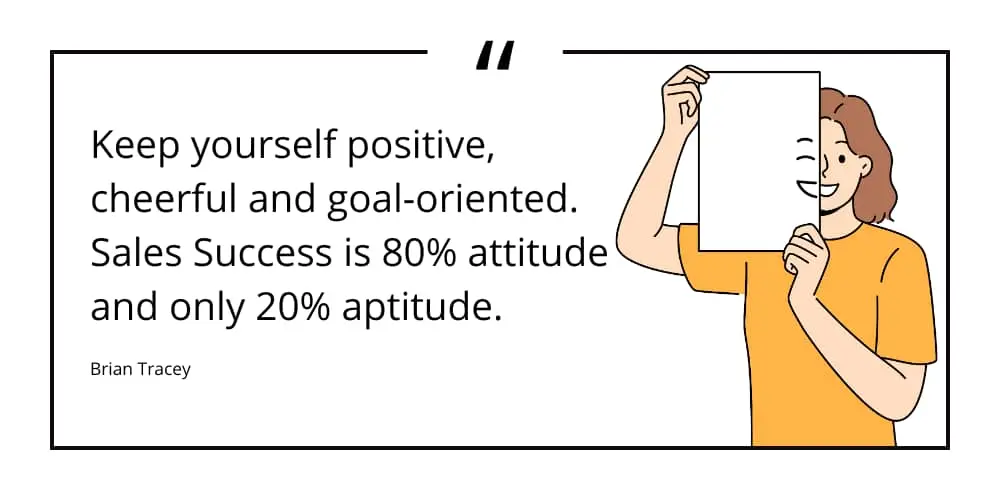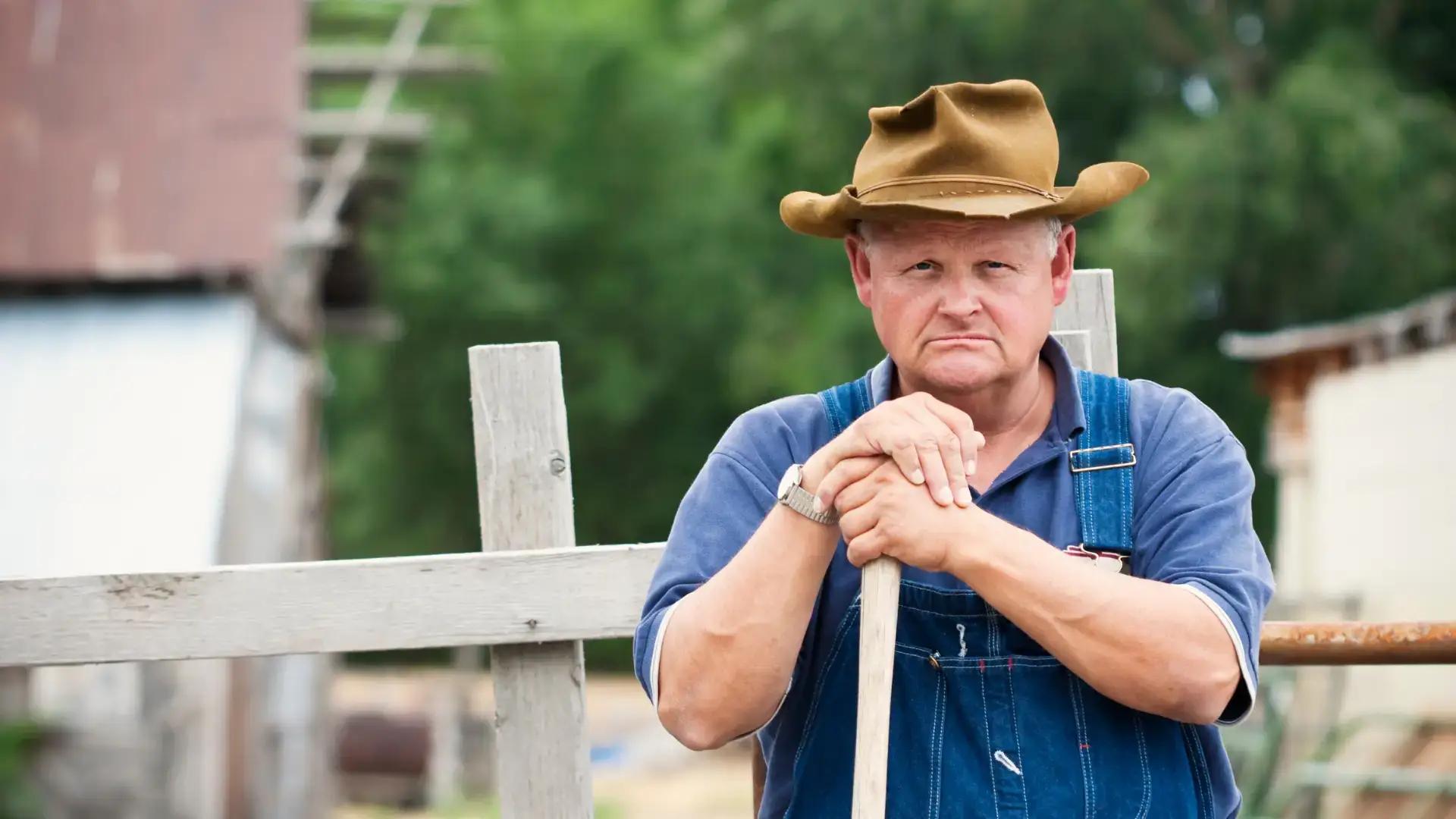In today’s edition, we dive into why buyers often take longer than you expect to say yes. We’ll explore how big decisions trigger fear and hesitation, not disinterest, and why patience, empathy, and smart follow-up are your best tools to keep deals moving forward.
Imagine you’ve just found your dream house. The location is perfect. The garden is beautiful. It ticks all your boxes.
Yet, even though you love it, you hesitate. You don’t say yes right away.
Because… Buying a house is a significant decision. It’s one of the biggest investments most people will ever make. So naturally, it feels risky.
Even when you’re excited about the purchase, fear creeps in. “What if I’m making a mistake?” “Can I really afford this?” “What if I find something better next week?”
This hesitation isn’t a lack of interest.
It’s simply a normal human response to risk and uncertainty.
Now, on the flip side (in sales), it’s easy to feel frustrated when a buyer drags their feet. You’ve done your job well. You’ve built rapport. You’ve explained the benefits. You sense they want it.
But the deal still stalls.
At that point, you mustn’t take it personally.
Because it’s not that they don’t like you or your solution.
It’s that they’re wrestling with their own fears, doubts, and risk assessments.
And that’s the truth about why deals stall.
Big decisions (like buying a house, signing a contract, or committing to a new supplier) carry emotional and financial weight. So they naturally take longer.
The psychological reasons buyers hesitate
- Fear of regret: No one wants to make a wrong choice and live with regret.
- Financial anxiety: Even if the budget fits, buyers worry about future uncertainties.
- Need for validation: Buyers want reassurance from peers, partners, or stakeholders before committing.
- Comparison paralysis: Buyers often compare multiple options, delaying decisions to ensure they’re choosing the best fit.
- Overwhelm: The sheer volume of information or options can freeze decision-making.
In terms of your sales approach, this means that patience and empathy are your secret weapons here. Instead of pushing harder, your goal is to reduce the buyer’s perceived risk and build trust over time.

Ways to Help Buyers Say Yes Faster (Without Being Pushy)
1. Reassure with social proof and case studies
Share stories of similar clients who saw success and didn’t regret their decision. This helps reduce fear of regret and builds confidence.
2. Break down the decision into smaller steps
Help buyers feel less overwhelmed by breaking the process into clear, manageable actions. Like scheduling a trial, getting internal approval, or reviewing specific features one at a time.
3. Provide clear ROI and financial clarity
Address financial anxiety head-on with transparent cost breakdowns, payment plans, or guarantee options. Make it easy for them to justify the investment.
4. Check in with empathy, not pressure
Regular, casual check-ins show you care about their journey, not just closing the deal. Ask questions like, “What else do you need to feel comfortable moving forward?” rather than “Have you decided yet?”
5. Educate and guide rather than sell
Be the trusted advisor. Share useful insights, industry trends, or resources that help them make an informed decision. This positions you as a partner, not just a salesperson.
Remember: A slow yes is still a yes
Delays don’t mean “no” forever, they just mean “not yet.”
Every hesitation is an opportunity for you to deepen the relationship, address concerns, and prove that you’re the right choice.
Think back to that house-hunting analogy. Buyers aren’t slow because they don’t want your solution. They’re cautious because what you offer matters enough to them to warrant careful consideration.
The best salespeople master patience. They recognise that winning the deal is about managing emotions as much as facts.
By understanding why buyers take longer to say yes and adjusting your approach accordingly, you can keep momentum, reduce lost deals, and build stronger partnerships.
So next time a deal slows down, remember: It’s not necessarily about you. It’s about human nature. Use patience, empathy, and smart follow-up to guide buyers across the finish line.
Here’s to turning hesitation into yes,








